Are you seeking a natural way to supercharge your mornings while supporting your overall well-being? Look…
Maitake Mushroom Health Benefits, Nutrition Facts & Medicinal Uses
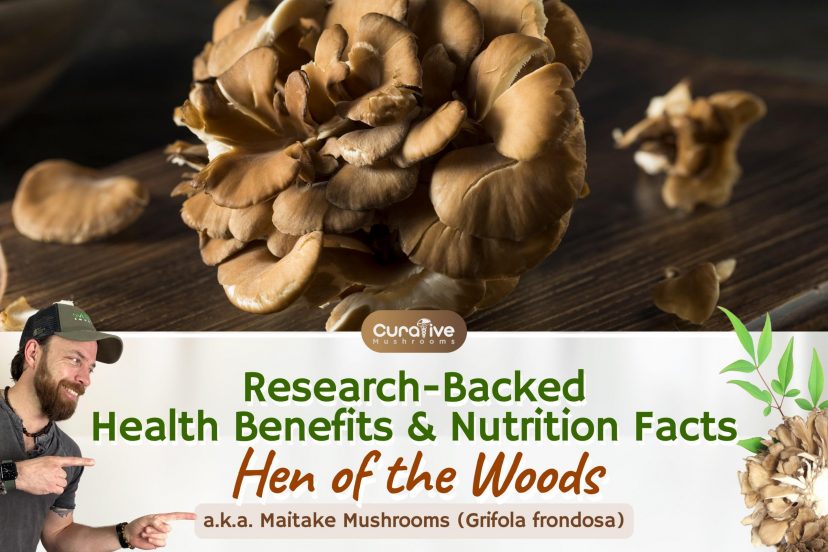
Maitake (dancing) mushroom, a.k.a. the Hen of the Woods mushroom, is a highly valuable functional or medicinal mushroom found in Japan, China, and North America; so in this article, we outline the Maitake mushroom’s health benefits & Maitake mushroom’s nutrition facts.
Maitake Mushroom (Grifola frondosa) a.k.a. Hen of the Woods: Health Benefits & Nutrition Facts
Maitake is popular for its ability to promote good health and treat a wide variety of diseases.
In particular, some of Maitake mushroom benefits include boosting the immune system’s functioning, helping to lower blood pressure, and fighting cancer cells.
But these are not just tales. Because aside from Maitake’s thousand-of-years-long history of traditional use, there are research studies to back up its amazing medicinal properties.
1. Brief History of Maitake’s Functional Use
For millennia, Hen of the Woods (Maitake) has been used in Japan and China for its nutritional and medicinal properties (1).
1.1 Traditional use of Maitake
Going back, the earliest record of Maitake’s functional use comes from the Shen Nong Ben Cao Jing. It is an ancient book of herbal medicine compiled between 200 BC and 200 AD (2).
In this book, it is stated that Keisho (a type of remedy made with Maitake) can treat various illnesses including stomach problems, hemorrhoids. Also, it improves the spleen, and calms the nerves or mind (3).
1.2 Maitake as adaptogen
Further, traditional Chinese medicine uses Hui Shu Hua (other terms for Maitake) as an adaptogen. Simply, it is a substance that helps the body recover from fatigue and boost the immune response.
Also, ancient records claim that Maitake can stimulate the “qi” (life force). It is said to nourish the spleen, moisten the lungs, and protect the liver (4).
Meanwhile, only in the early 2000s did U.S. researchers become interested in studying Maitake’s alleged medicinal properties.
2. Research-Backed Health Benefits of Maitake Mushroom
In recent years, modern science has begun to confirm what ancient healers already knew. Hen of the Woods mushroom (Maitake) is indeed a powerful medicinal mushroom with a wide range of health benefits.
Here, we list 4 well-established Maitake mushroom health benefits:
2.1. Boosts immune function

Maitake mushroom’s health benefits mainly comes from its rich beta-glucans (β-Glucans) content. Simply, β-Glucans are compounds that have been shown to boost immune function and help fight off infections (5).
Besides, Β-glucans are established as effective in activating immune reactions in all species—from earthworms to humans (6).
A 2014 study (Vetvicka, et. al.) shows that orally administered glucans from Maitake strongly stimulate immune defense reactions of animal subjects (7).
2.2. Supports cancer treatment

A 2013 study (Masuda, et. al.) suggests that Maitake’s extract called D-Fraction is a useful oral therapeutic. It helps enhance immune function and inhibit tumor growth in patients with cancer (8).
Likewise, a 2016 study (Roldan-Deamicis, et. al.) postulates that the more specific Maitake’s D-Fraction Pro4X can prevent the development of breast cancer in people with a high risk of developing the illness (9 ).
2.3. Regulates blood sugar levels

Maitake’s fruiting bodies contain healthy compounds that can help to regulate blood sugar levels. This is especially helpful for people with diabetes or pre-diabetes.
As shown in a 2012 study (Preuss, et. al.), Maitake’s bioactive glycoprotein called SX–fraction (SFX) may be useful for treating disturbances in glucose and insulin metabolism. Also, SFX helps with elevated BP in type-1 diabetes (10).
In addition, a more recent study in 2020 (Konno) shows that SFX shows promise for the novel treatment of type 2 diabetes. It also appears to be a safe, natural agent in improving diabetic conditions (11).
2.4. Lowers bad cholesterol

A 2021 study (Fukushima, et. al.) suggests that Maitake’s fiber significantly lowers the cholesterol level (12). Consequently, it improves overall cardiovascular health to lower your risk for heart disease.
Likewise, an earlier study in 2013 (Sato, et. al.) shows that dietary Maitake can prevent and improve the symptoms of obesity, diabetes, and arteriosclerosis (13).
3. Maitake Mushroom Nutrition Facts

Aside from its curative properties, the Hen of the Woods mushroom is considered a healthy food. Especially that it is a rich source of Vitamin D2 , protein, carbohydrates, dietary fiber, and minerals (K, P, Na, Ca, Mg) (14).
All the more, Maitake mushrooms are even found to be more nutritious than Shiitake mushrooms (15). Remarkably, Maitake contains little to no fat (16). With only ~0.1 gram of fat per 1 cup serving, and none of which is trans fat (17).
Additionally, compared to many other edible mushrooms, the fruiting body of the maitake has a higher free amino acid concentration at 15–60 mg/g of dry weight. Read more about Bioactive Ingredients and Medicinal Values of Grifola frondosa (Maitake)
Further, USDA’s data shows that Maitakes provide 1123 IU (28 mcg) of vitamin D per 100 grams (18). For one thing, this amount is equal to 140% of the recommended vitamin D daily value (19).
1 cup raw diced Maitakes (70 g):
- Water = 63.3 g
- Energy = 21.7 kcal
- Protein = 1.36 g
- Carbohydrate = 4.88 g
- Fiber = 1.89 g
- Glucose = 1.22 g
- Vitamin B-6 = 0.039 mg
- Vitamin E = 0.007 mg
- Vitamin D2 = 19.7 µg
- Potassium, K = 143 mg
- Phosphorus, P = P 51.8 mg
- Sodium, Na = 0.7 mg
- Calcium, Ca = 0.7 mg
- Magnesium, Mg = 7 mg
See full nutrition data of raw Maitake mushrooms (Grifola frondosa) in USDA’s FoodData Central online database.
Summary of Maitake Mushroom Health Benefits and Nutrition
- Initially, Maitake mushroom (Grifola frondosa) has a long history of use in traditional Chinese and Japanese medicine.
- Moreover, recent animal studies and clinical trials suggest that Maitake shows promise in the prevention and treatment of cancer, diabetes, and cardiovascular diseases.
- Even so, Maitakes are an excellent source of antioxidants, beta-glucans, vitamins, and minerals that supports overall health and immunity.
So if you’re looking for a delicious way to improve your health, you can add Maitakes to your diet. You can find them fresh or dried at most grocery stores. You can fry, sautee, add to soups, or simply enjoy them on their own.





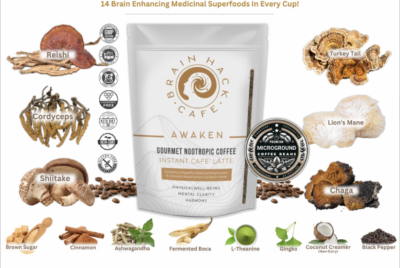

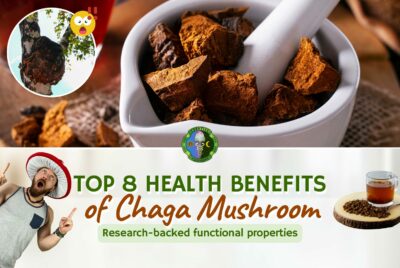
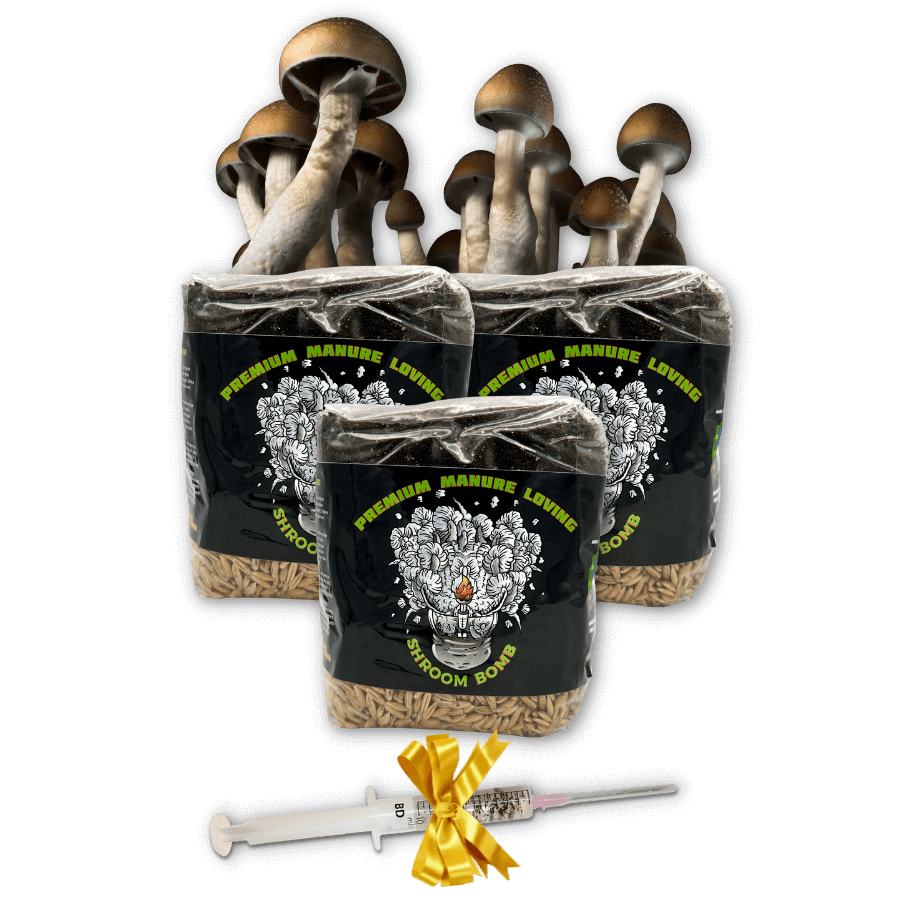

[…] Supply hyperlink […]
[…] Click here to read more about Maitake Mushroom Health Benefits, Nutrition Facts and Medicinal Uses […]
As for growing mushrooms I had an idea. I’ve used incubators for hatching eggs. They don’t have to be used strictly for eggs. They control heat and humidity with fan driving air circulation. would these benefit growing ? Also in the wild these mushrooms still recieve a certain amount of sunlight Dailey. what would be a good temp and humidity range and how much light Dailey should I provide ,?
Hi, Bob. Thanks for your question about growing mushrooms. Incubators can certainly be repurposed for mushroom cultivation as they can help regulate temperature and humidity levels. However, it’s important to note that different mushroom species have varying temperature and humidity requirements, so it’s crucial to research the specific mushroom you plan on growing.
Regarding sunlight, most mushrooms actually prefer indirect light rather than direct sunlight. A good rule of thumb is to provide a few hours of indirect light each day. Again, the amount of light needed can vary by mushroom species.
As for temperature and humidity, it’s best to research the specific requirements for the mushroom species you plan on growing. Generally, most mushrooms prefer a temperature range of 65-75°F and humidity levels of 80-90%.
We hope this information is helpful. Let us know if you have any further questions! 🙂
Hi, Bob. Thanks for your question about growing mushrooms. Incubators can certainly be repurposed for mushroom cultivation as they can help regulate temperature and humidity levels. However, it’s important to note that different mushroom species have varying temperature and humidity requirements, so it’s crucial to research the specific mushroom you plan on growing.
Regarding sunlight, most mushrooms actually prefer indirect light rather than direct sunlight. A good rule of thumb is to provide a few hours of indirect light each day. Again, the amount of light needed can vary by mushroom species.
As for temperature and humidity, it’s best to research the specific requirements for the mushroom species you plan on growing. Generally, most mushrooms prefer a temperature range of 65-79°F and humidity levels of 80-90%.
We hope this information is helpful. Let us know if you have any further questions! 🙂